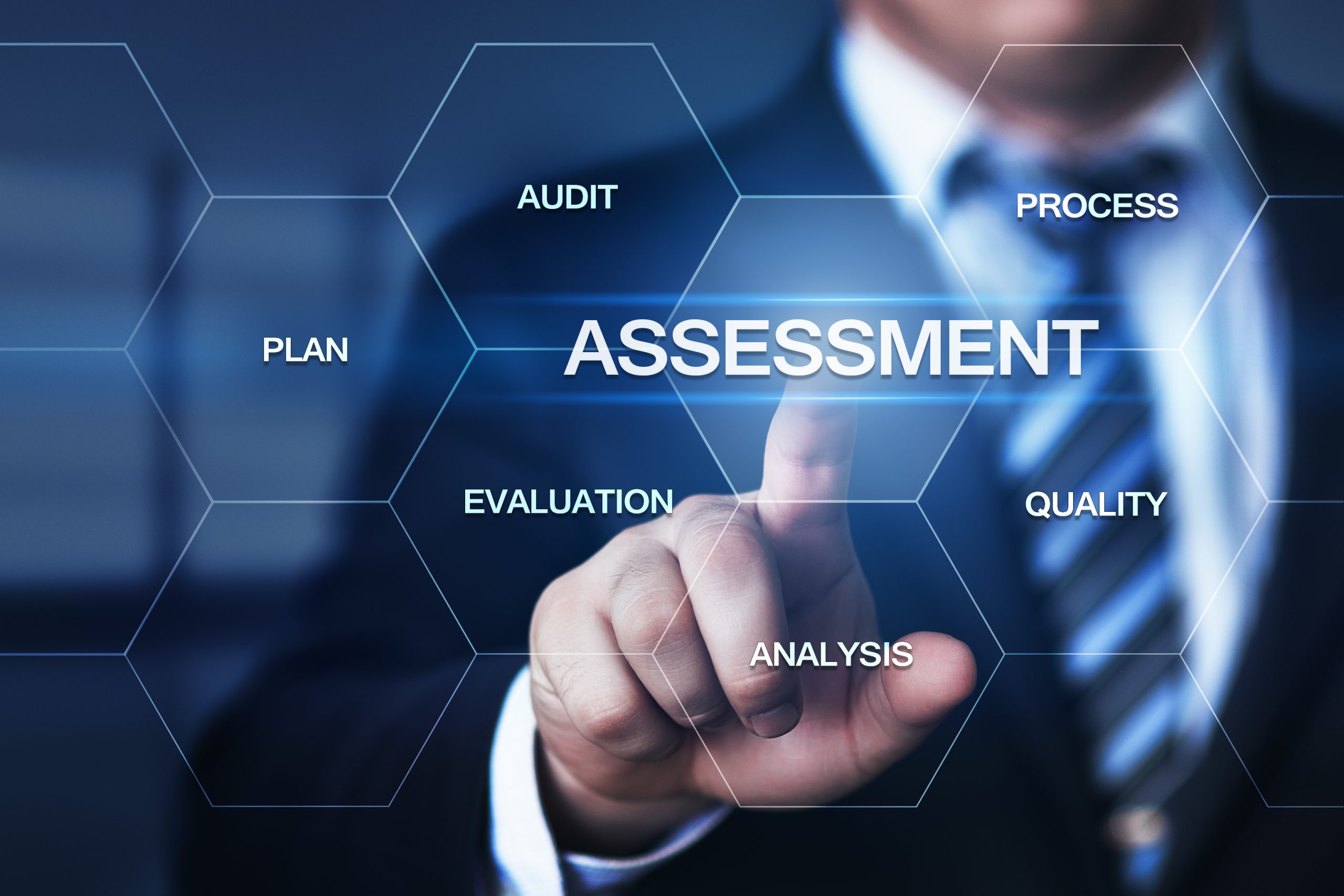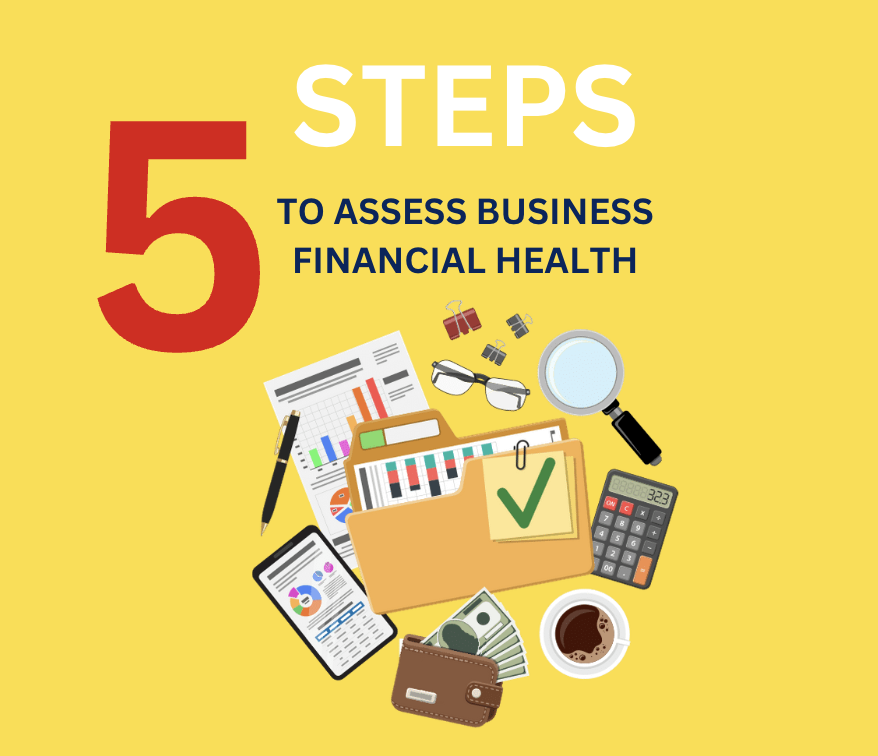Buying and Selling a Business: Understand the Difference
Discover the key distinctions between buying and selling a business in this informative article

Owning a business can be an exciting and lucrative venture, but there may come a time when you need to consider buying or selling a business. These decisions can have a significant impact on your financial future and require careful consideration. Whether you are looking to expand your portfolio or ready to move on to new opportunities, understanding the difference between buying and selling a business is crucial. In this article, we will explore the various methods, legal requirements, costs, and considerations involved in buying and selling a business. We will also provide some tips for making the transition smoothly and offer guidance on what to do after the purchase or sale. So, let’s dive in!
The Different Methods of Buying and Selling a Business
When it comes to buying or selling a business, there are several methods that one can consider. Each method has its own advantages and complexities, offering different options for both buyers and sellers.
One common approach is to buy or sell the assets of a business. This method focuses on the transfer of specific assets such as inventory, equipment, and customer databases. By purchasing the assets, the buyer can cherry-pick the assets they desire, ensuring that they are acquiring valuable resources that align with their business goals. The seller can sell unnecessary or unprofitable assets to simplify their operations and concentrate on essential business activities.
Another method involves purchasing or selling the shares of a company. This method entails acquiring the entire ownership interest in the business, including both assets and liabilities. By purchasing shares, the buyer assumes not only the assets but also the obligations and debts of the company. This can be a more complex process, as it requires a thorough examination of the company’s financials, legal agreements, and potential risks. However, it can also provide the buyer with an established business structure, existing customer base, and a recognizable brand.
It is important to note that regardless of the method chosen, seeking professional advice is crucial. Getting advice from experts like business brokers, lawyers, and accountants can help with buying or selling a business. These professionals have the expertise to navigate the intricacies of the transaction, ensuring that all legal and financial aspects are properly addressed.
Business brokers, for example, can assist in valuing the business, identifying potential buyers or sellers, and negotiating the terms of the transaction. They have extensive networks and market knowledge, allowing them to connect buyers and sellers effectively. Lawyers specializing in business transactions can provide legal advice, draft and review contracts, and ensure that all legal requirements are met. Accountants can assist with financial due diligence, analyzing financial statements, and identifying risks or opportunities.
By involving these professionals, both buyers and sellers can have peace of mind knowing that their interests are protected and that the transaction is being handled with expertise and care. They can guide parties through the necessary paperwork, assist in negotiations, and help ensure a smooth transition of ownership.
Understanding the Legal Requirements of Purchasing or Selling a Business
When it comes to buying or selling a business, there are legal requirements that must be met. In many cases, these requirements vary depending on the jurisdiction, industry, and type of business being bought or sold. It is crucial to familiarize yourself with these legal obligations to ensure compliance and avoid any potential legal complications.
One of the most important legal requirements when buying or selling a business is obtaining the necessary licenses and permits. These licenses and permits vary depending on the nature of the business and the location in which it operates. For example, a restaurant may need to obtain a food service license, while a retail store may require a sales tax permit. Failure to obtain the proper licenses and permits can result in fines, penalties, or even the closure of the business.
In addition to licenses and permits, businesses must also comply with zoning and health regulations. Zoning rules control property use. It’s crucial to make sure the business operates in a zone that permits its activities. Health regulations, on the other hand, ensure that businesses meet certain standards to protect public health and safety. This may include regular inspections, proper food handling procedures, and maintaining a clean and sanitary environment.
Another crucial aspect of buying or selling a business is conducting due diligence. Due diligence involves a comprehensive review of the business’s financial, legal, and operational aspects to uncover any potential issues or risks. This may include reviewing financial statements, contracts, leases, and employee agreements. By conducting due diligence, buyers can assess the value and viability of the business, while sellers can address any potential issues before the sale.
Engaging the services of a qualified lawyer experienced in business transactions can be invaluable when navigating the legal aspects of buying or selling a business. A lawyer can help with legal requirements, review contracts, negotiate terms, and prepare legal documents for a transaction. Their expertise can help protect your interests and minimize the risk of legal disputes or complications.
What to Consider Before Buying or Selling a Business
Before making the decision to buy or sell a business, there are several key factors to consider. First and foremost, you need to have a clear understanding of your goals and objectives. Are you looking for a new venture, seeking to expand an existing business, or perhaps planning for retirement? Determining your motivations and objectives will help guide your decision-making process and ensure you choose the right path.
When considering buying or selling a business, conducting thorough research and due diligence is crucial. This goes beyond just looking at the financial history and performance of the business. It involves analyzing market trends and competition, evaluating the potential for future growth and profitability, and understanding the industry landscape. By gathering and analyzing this information, you can decide if the business matches your goals and has potential for success.
One important aspect of the due diligence process is assessing the business’s value. This involves not only looking at the financial statements but also considering the intangible assets, such as the brand reputation, customer relationships, and intellectual property. To get an objective assessment of the business’s worth, it is advisable to seek help from business valuation experts who have the knowledge and experience to provide an accurate valuation.
Furthermore, it is essential to assess the risks and challenges associated with buying or selling a business. Market volatility, legal and regulatory hurdles, financial constraints, and potential changes in customer behavior are just a few examples of the risks that can arise during a business transaction. Understanding these risks and developing strategies to mitigate them is crucial for a successful transaction. This may involve working closely with legal and financial professionals who can help navigate the complexities of the process.
In addition to the risks, it is also important to consider the opportunities that buying or selling a business can present. For buyers, acquiring an existing business can provide a head start in terms of established customer base, brand recognition, and operational infrastructure. On the other hand, for sellers, selling a business can provide an opportunity to realize the value they have built over the years and potentially explore new ventures or retirement plans.
Lastly, it is important to consider the emotional aspect of buying or selling a business. For many business owners, their business is not just a financial asset but also a significant part of their identity and legacy. It is important to take the time to reflect on the emotional impact of the decision and ensure that it aligns with your personal and professional aspirations.
The Costs of Buying and Selling a Business
Buying or selling a business involves various costs that need to be accounted for. The costs can change based on factors like business size, complexity, transaction method, and professional involvement. It is crucial to understand and plan for these costs to avoid any financial surprises during the process.
One of the significant costs associated with buying or selling a business is legal fees. These fees cover the drafting and reviewing of contracts, ensuring that all legal aspects of the transaction are properly addressed. Experienced business attorneys play a crucial role in protecting the interests of both buyers and sellers, ensuring a smooth and legally sound transfer of ownership.
Another essential cost to consider is accounting fees. Due diligence and financial analysis are crucial steps in any business transaction. Accountants check a business’s money situation, find risks, and make sure the financial records are correct and trustworthy. These professionals provide valuable insights that help buyers and sellers make informed decisions.
Brokerage fees are yet another cost associated with buying or selling a business. Brokers act as intermediaries, connecting buyers and sellers and facilitating the transaction process. They help market the business, find potential buyers, and negotiate the terms of the deal. While brokerage fees can vary, they are typically a percentage of the final sale price.
Valuation fees are also an important consideration. Determining the worth of a business is a complex task that requires expertise. Valuation professionals assess various factors, such as the company’s financial performance, market conditions, and industry trends, to arrive at a fair and accurate valuation. This valuation serves as a basis for negotiations and helps both parties understand the business’s true value.
In addition to the aforementioned costs, buyers and sellers must also account for transfer taxes and registration fees. These fees vary depending on the jurisdiction and the value of the business being transferred. It is essential to consult with local authorities or tax professionals to understand the specific requirements and costs associated with transferring business ownership.
When budgeting for a business transaction, it is crucial to consider all these costs and work with professionals experienced in business transactions. These experts can help estimate the expenses accurately, ensuring that there are no surprises along the way. They can help with saving money and guide through any legal or financial issues that may come up.

Researching Potential Buyers or Sellers for Your Business
When buying or selling a business, finding the right buyer or seller is crucial for a successful transaction. Researching potential buyers or sellers is essential to ensure compatibility and alignment of goals and visions.
Networking within your industry or seeking recommendations from trusted professionals can help you identify potential buyers or sellers. Additionally, listing your business on reputable online platforms or engaging the services of a business broker can widen your reach and connect you with interested parties.
After finding potential buyers or sellers, it’s crucial to thoroughly check their credibility, financial stability, and track record. Requesting financial statements, reviewing references, and conducting background checks are some ways to gather essential information and make an informed decision.
Know the Pros and Cons of Buying and Selling a Business
Before embarking on a business transaction, it is vital to be aware of the pros and cons associated with buying or selling a business. Let’s take a closer look at both perspectives.
Pros of Buying a Business:
Pros of Selling a Business:
Cons of Buying a Business:
Cons of Selling a Business:
Understanding these pros and cons can help you weigh the potential benefits and drawbacks of buying or selling a business and make an informed decision that aligns with your goals and aspirations.
Tips for Making the Transition Smoothly
Transitioning through a business purchase or sale can be a complex and challenging process. However, by following some key tips, you can increase the likelihood of a smooth and successful transition:
- Plan ahead: Have a well-defined plan outlining your objectives, timeline, and contingencies.
- Evaluate Purchase Price Appropriately: Assess the fair market value of the business, considering not only its current financial standing but also its potential for growth and future earnings. Negotiate a purchase price that reflects the true value of the business assets, ensuring a fair and equitable transaction for both parties. Consider structuring the deal in a way that aligns the purchase price with the performance of the business over time, such as earn-outs or milestone-based payments.
- Maximize Utilization of Business Assets: Identify and leverage key business assets, such as intellectual property, customer relationships, and proprietary technologies, to enhance the overall value of the acquisition. Ensure a comprehensive understanding of the state and condition of physical assets, conducting thorough inspections and assessments to avoid any surprises post-transaction. Develop a strategy for integrating acquired assets seamlessly into your existing operations, optimizing their contribution to the overall business success.
- Evaluate Cash Flow Implications: Analyze the impact of the transaction on the cash flow of both the acquiring and selling entities. Consider the timing of payments and receipts to manage liquidity effectively during the transition period. Implement strategies to address potential disruptions to cash flow, ensuring the continuity of essential business operations during and after the transition.
- Align Financial Strategies with Transition Objectives: Tailor your financial approach to align with the specific objectives of the business transition, whether it be growth, consolidation, or diversification. Develop financial models that incorporate the purchase price, asset valuation, and anticipated changes in cash flow to guide decision-making throughout the transition. Consider financing options that optimize your capital structure and provide financial flexibility during the transition process.
- Communicate effectively: Maintain open and transparent communication with all relevant parties throughout the process.
-
Seek professional assistance: Engage the services of experienced professionals such as lawyers, accountants, and business brokers to guide you through the transaction.
- Document everything: Keep detailed records of all communication, contracts, and agreements to avoid misunderstandings or conflicts in the future.
- Manage expectations: Ensure that all parties involved have realistic expectations and are aware of their roles and responsibilities.
- Invest in due diligence: Conduct thorough due diligence to identify any potential risks or issues that may affect the success of the transaction.
- Prepare for the transition: Develop a comprehensive transition plan that addresses personnel, operations, and customer relationships to minimize disruptions.
- Focus on post-transaction activities: After the transaction is complete, dedicate time to integrate the newly acquired business or adapt to your new role as a business seller.
By following these tips, you can navigate the buying or selling process more smoothly and increase the likelihood of a successful outcome.
What to Do After Selling or Buying a Business
Completing the purchase or sale of a business marks a significant milestone, but the journey doesn’t end there. There are several crucial steps to undertake after the transaction:
If you are a buyer, you need to focus on integrating the newly acquired business into your current operations. This may involve aligning personnel, systems, and processes and addressing any immediate challenges or opportunities.
If you are a seller, it is important to plan for the financial implications of the transaction. This may include strategic tax planning, determining the best use for the proceeds, and exploring potential investment opportunities.
Buyers and sellers should talk to employees and stakeholders to make sure the transition goes well and the business keeps running. Cultivating positive relationships with key suppliers, customers, and partners can also contribute to long-term success. Remember, the completion of a business transaction is not the end of the journey but rather the beginning of a new chapter. Embrace this opportunity and make the most of it!

IN CONCLUSION
In conclusion, buying and selling a business is a complex and multifaceted process that requires careful planning, research, and decision-making. Understanding the different methods, legal requirements, costs, and considerations involved can help you navigate this journey more effectively. By following the tips for a smooth transition and knowing what to do after the transaction, you can increase the likelihood of a successful outcome. Whether you are a buyer or a seller, remember that expert advice and professional support are invaluable resources throughout the entire process. So, evaluate your goals, conduct thorough due diligence, and embark on the journey of buying or selling a business with confidence!
It All Starts With a FREE consultation!
Every client’s needs are unique and require varying amounts of time and attention. You can use this form to let us know what you’re looking for, and we’ll reach out to you to schedule an appointment and talk about rates for your business needs.
Please be as detailed as possible with what work is needed, what industry your business is in, and where you are located.
Our team will contact you with in 2 business days to set up the first meeting. We will make sure all your needs are taken into account when selecting the package and type of services you need.











Stay In Touch